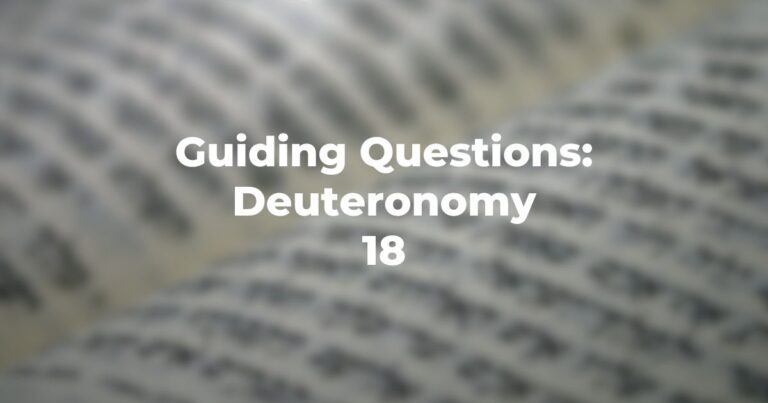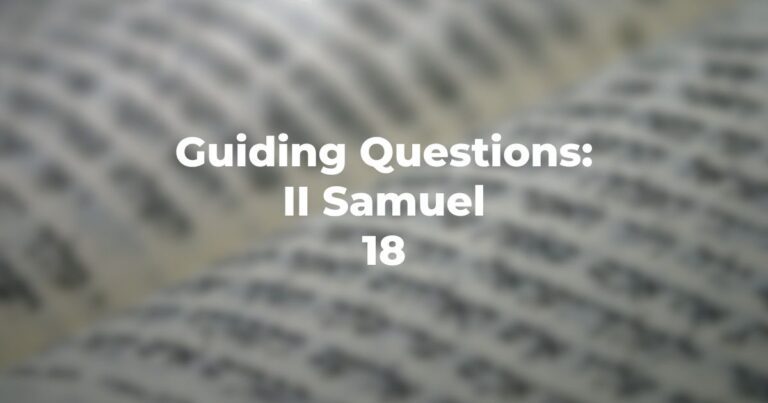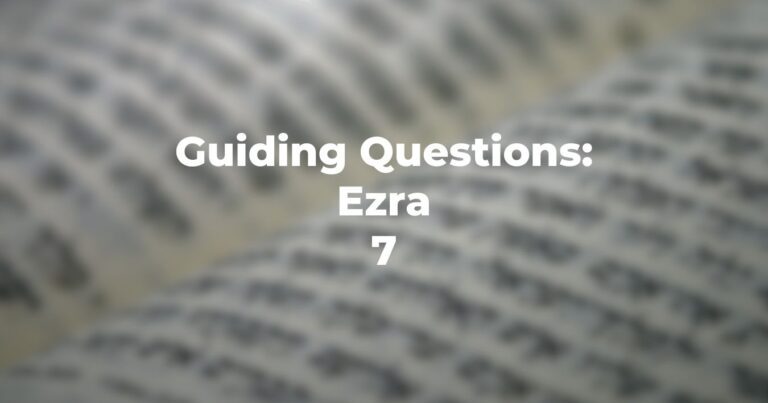- Why does the “malakh” — i.e., messenger — come from the Gilgal?
- Does Judges 2:3 have a source in Biblical text?
- Is the phrase that “their Gods will be a stumbling block for you” — (something which appears in the “Five Books”) as that which would be done by Divine action or, rather, that this would happen if human action did not eliminate those alien “divinities”?
- How does Judges 2:4 relate to Judges 2:1 in terms of geographic location (— and, the answer, to be sure, appears immediately in verse 5). However, do these etymologies necessarily reflect the historical source of a particular naming?
- Does it appear that the author of this volume was familiar with the manuscript of the volume of Joshua in terms of Judges 2:6-10?
- How does Judges 2:10 attempt to rationalize what developed among the Israelites following settlement?
- Judges 2:11 makes reference to Baalim. It does not define the term. What does that indicate as to the author’s perception of his reader/auditors knowledge?
- In Judges 2:12 there is a reference to “other Gods.” Are there “other Gods?” Is the term using quotation? Does the author imply that there are Gods for individual nations/peoples and that each should adhere to “his/her own God”? In Judges 2:13 reference is made to ashtarot. This term (too) is not defined — and again, what does this imply as to the author”s view of the readers/auditors of the text?
- How does the author explain the inability of the Israelites to resist their enemies?
- How does Judges 2:16 relate to Judges 2:14-15? Why, if privation/tribulation/punishment/instructive chastisement derive from a particular Source does the same Source then provide that which is contrary if not contradictory to it? Is there a message here?
- What are “Shoftim”? Are they judges? And, if judges, “judges” as we understand it in juridical terms in our day?
- What verb in Judges 2:17 indicates the basic attitude of the author (for that matter Jewish text generally) towards worship of “alien divinities”? And where do we find a noun (in text already studied) which is a derivative of this verb?
- What is the nostalgia which echoes from Judges 2:17 — in which history is recounted as uninterrupted obedience and fealty to the Divine mandate?
- In theological terms, how does one understand the verb construct applied to Divinity that It “regretted change”? What chronological sequence is difficult to deal with in Judges 2:23?
Author
-

Exploring Judaism is the digital home for Conservative/Masorti Judaism, embracing the beauty and complexity of Judaism, and our personal search for meaning, learning, and connecting. Our goal is to create content based on three core framing: Meaning-Making (Why?), Practical Living (How?), and Explainers (What?).
View all posts




